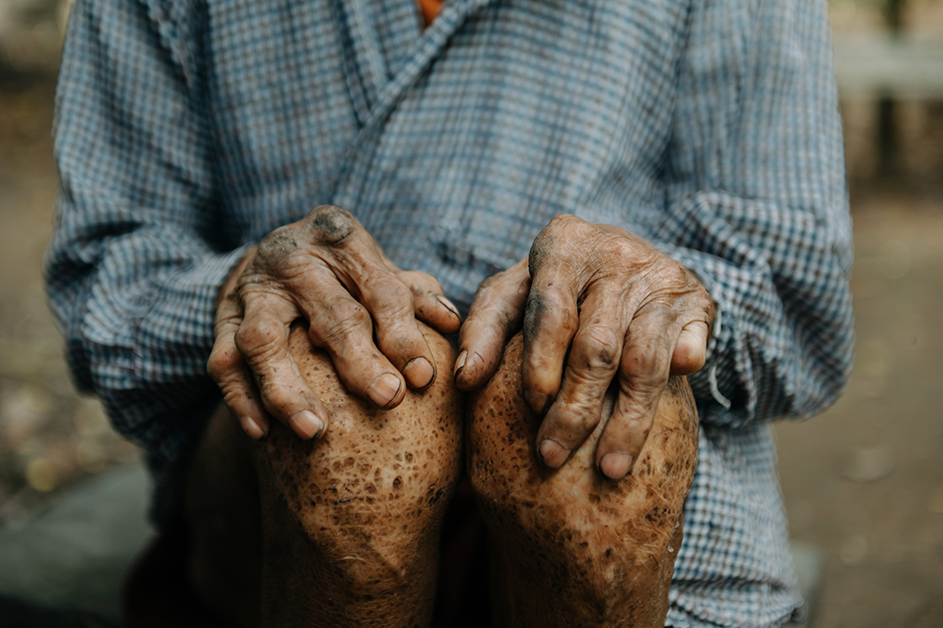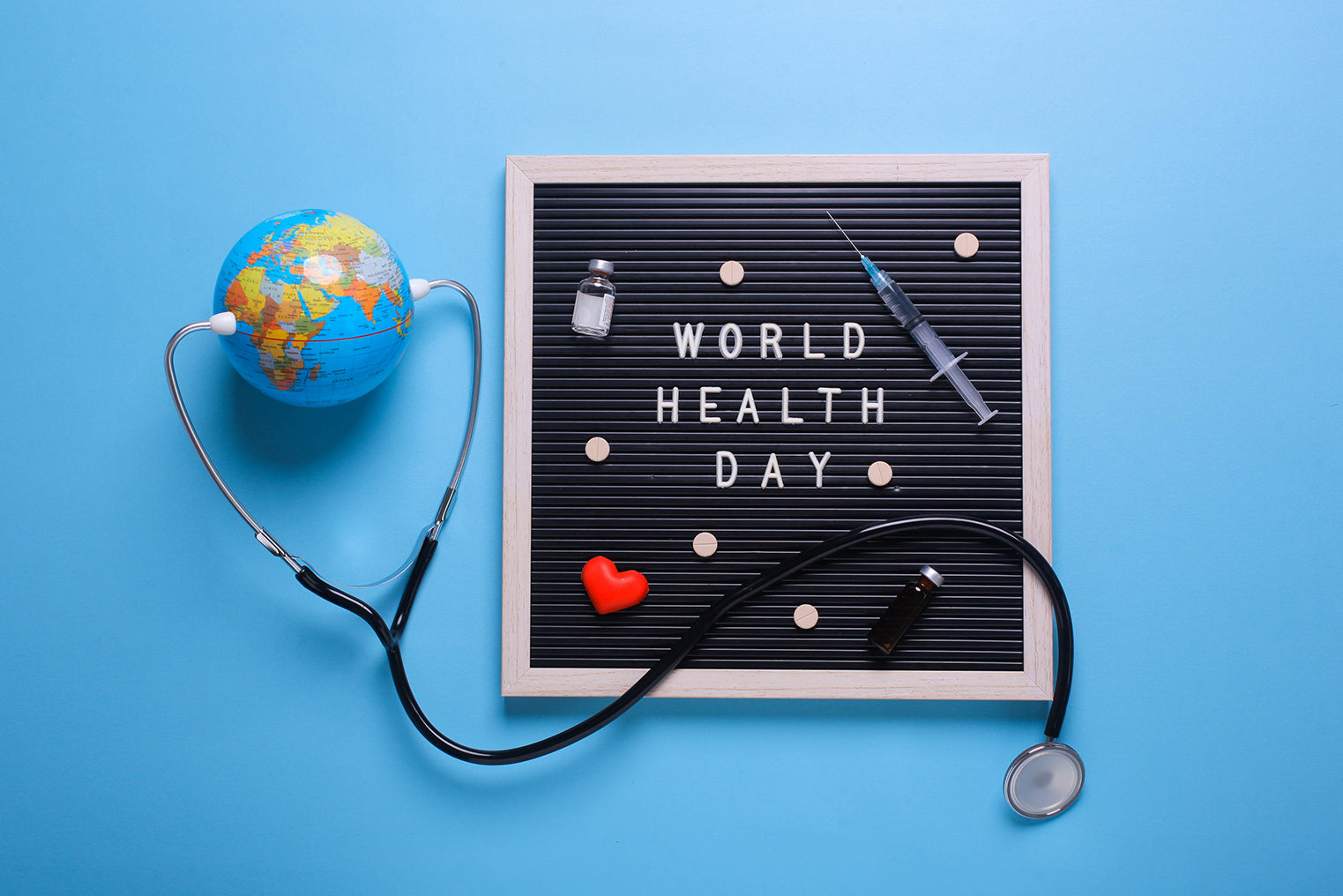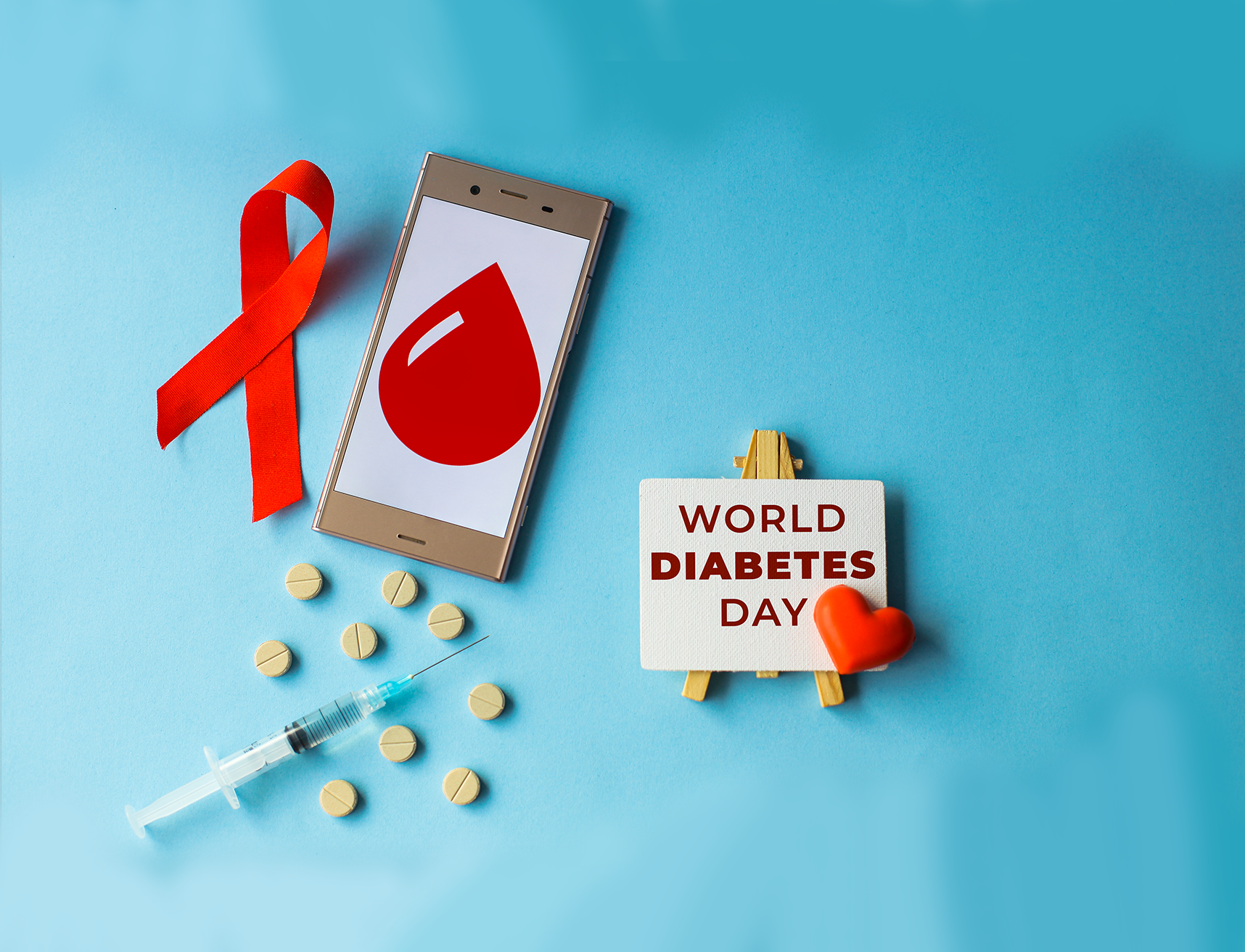You have no items in your shopping basket.
Rose Mabiza
06-03-2024
World Malaria Day 2025
Image by ivankmit via Envato Elements
Malaria ends with us: Reinvest, Reimagine, Reignite
Observed annually on 25 April, World Malaria Day is a call to action, reminding the global community of the urgent need to eliminate a disease that remains one of the deadliest for children under five. This year, the 2025 theme “Malaria ends with us: Reinvest, Reimagine, Reignite” challenges us to confront the shifting landscape of malaria control with innovation, resilience, and renewed political and financial commitment.
Malaria is both preventable and treatable, yet it continues to devastate millions of lives each year. In 2025, the goal is clear: to empower individuals, communities, and systems to play an active role in ending malaria once and for all.
What is World Malaria Day?
World Malaria Day was established in 2007 by the World Health Organization (WHO) to provide global education and understanding of malaria. It serves as a platform to showcase progress and highlight the challenges that remain in achieving a malaria-free world.
The 2025 theme - “Malaria ends with us”
The 2025 theme reflects a shared responsibility and calls on all sectors, government, private industry, health providers, and communities to:
- Reinvest in life-saving tools, programmes, and research
- Reimagine new strategies, from digital tools to vaccine innovation
- Reignite momentum to accelerate progress toward eradication.
Key facts and statistics
Despite advancements, malaria remains a major global health threat. The most recent data underscores the continuing burden:
- 249 million malaria cases were reported globally in 2022 – a slight increase from 247 million in 2021 (WHO, 2023).
- 608,000 deaths were recorded in 2022, with nearly 80% of these among children under 5 years of age, predominantly in sub-Saharan Africa (WHO World Malaria Report 2023).
- 29 countries accounted for 95% of malaria cases and deaths worldwide, with Nigeria, the Democratic Republic of the Congo, Uganda, and Mozambique among the most affected.
- Prevention tools, such as insecticide-treated nets and indoor residual spraying, have saved millions of lives, but funding gaps and climate change threaten to undermine progress.
Why the fight against malaria must continue
Malaria disproportionately affects the poorest and most vulnerable populations. Challenges that hinder eradication efforts include:
- Drug and insecticide resistance - undermining existing treatment and prevention tools.
- Insufficient health infrastructure - limiting access to testing and timely care.
- Climate change - expanding the geographical areas where malaria can thrive.
- Funding shortfalls - leaving critical interventions under-resourced.
- Stagnating progress - after years of success, gains have stalled, and some regions have seen resurgence.
Global progress and innovations
While the burden remains high, there is cause for hope:
- The RTS, S malaria vaccine, now recommended by WHO, is being rolled out in high-burden African countries.
- Gene drive technology and next-generation insecticides are in development to counter resistance.
- Mobile surveillance platforms and AI-powered forecasting tools are helping predict outbreaks.
- Public-private partnerships are boosting resources and expertise.
To realise the goal of a malaria-free world, these innovations must be scaled and integrated across public health systems.
Best practices for malaria control
The WHO recommends a multifaceted approach that includes:
Preventive measures
- Distribution of Insecticide-Treated Bed Nets (ITNs)
- Indoor residual spraying in high-transmission areas
- Seasonal malaria chemoprevention for children in regions with intense seasonal transmission.
Case management
- Prompt diagnosis using Rapid Diagnostic Tests (RDTs)
- Treatment with Artemisinin-Based Combination Therapies (ACTs)
- Integrated community case management in remote areas.
Capacity building
- Training health workers and volunteers on:
- Malaria symptoms and complications
- Correct use of treatments and diagnostic tools
- Health education for community prevention.
What organisations can do on World Malaria Day
Whether you’re in healthcare, education, or community leadership, you can contribute to the global goal:
- Educate your teams on malaria risks and prevention
- Strengthen your workforce through accredited training
- Audit and improve compliance across your organisation
- Collaborate with NGOs and public health bodies in malaria-endemic areas
- Raise awareness through campaigns, training days, and social media.
Conclusion
World Malaria Day 2025 reminds us that ending malaria is not only possible, but it is within reach. But it will take commitment, innovation, and collective effort.
At The Mandatory Training Group, our comprehensive training courses cover malaria awareness, infection control, and outbreak response, equipping professionals with the knowledge and skills to protect vulnerable populations and respond effectively. For organisations, ComplyPlus™, our innovative digital platform, supports healthcare providers and public sector organisations by streamlining training compliance. It enables the automated tracking of essential training, real-time monitoring of compliance, and seamless preparation for inspections and reporting, empowering teams to stay compliant, responsive, and aligned with global health priorities.
Now is the time to reinvest in solutions, reimagine what’s possible, and reignite our drive to eliminate malaria.
Last updated on 25-04-2025
About the author
Rose Mabiza
Rose has dedicated over 15 years to improving health and social care quality through practice, targeted education and training. Her extensive experience includes working with older adults, individuals with mental health conditions, and people with autism and learning disabilities.

Related blog articles
View allContact us
Complete the form below to start your ComplyPlusTM trial and transform your regulatory compliance solutions.







